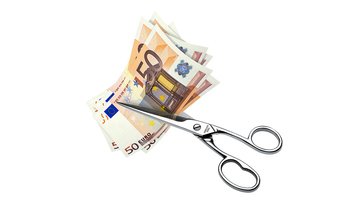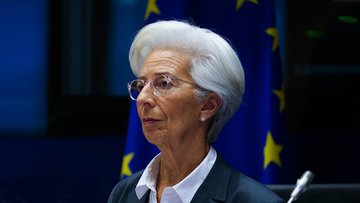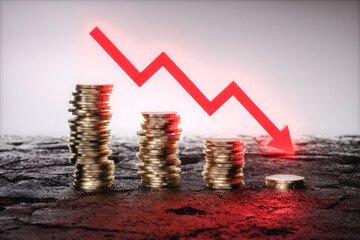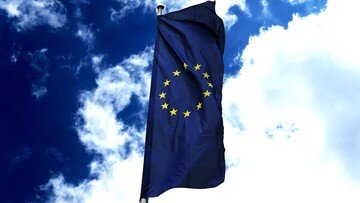The Eurozone (officially called the Eurozone) identifies 19 of the 28 countries of the European Union that have joined the monetary union and adopted the Euro.
The countries that make up the Eurozone are Austria, Belgium, Cyprus, Estonia, Finland, France, Germany, Greece, Ireland, Italy, Latvia, Lithuania, Luxembourg, Malta, the Netherlands, Portugal, Slovakia, Slovenia and Spain.
The other EU member states (with the exception of Denmark and the United Kingdom) have the obligation to join the monetary union once all the required requirements have been met.
Andorra, Monaco, San Marino and Vatican City have a formal agreement with the EU that allows you to use the euro as the official currency and continue to issue your own currencies.
The ECB, governed by a president and a council of heads of national central banks, defines the monetary policy of the Eurozone. The main task of the ECB is to keep inflation under control. The Eurogroup has the task of coordinating the EU political aspects affecting the Eurozone.
The Eurogroup is made up of the finance ministers of the Eurozone states, but national leaders can also be part of it in an emergency.











